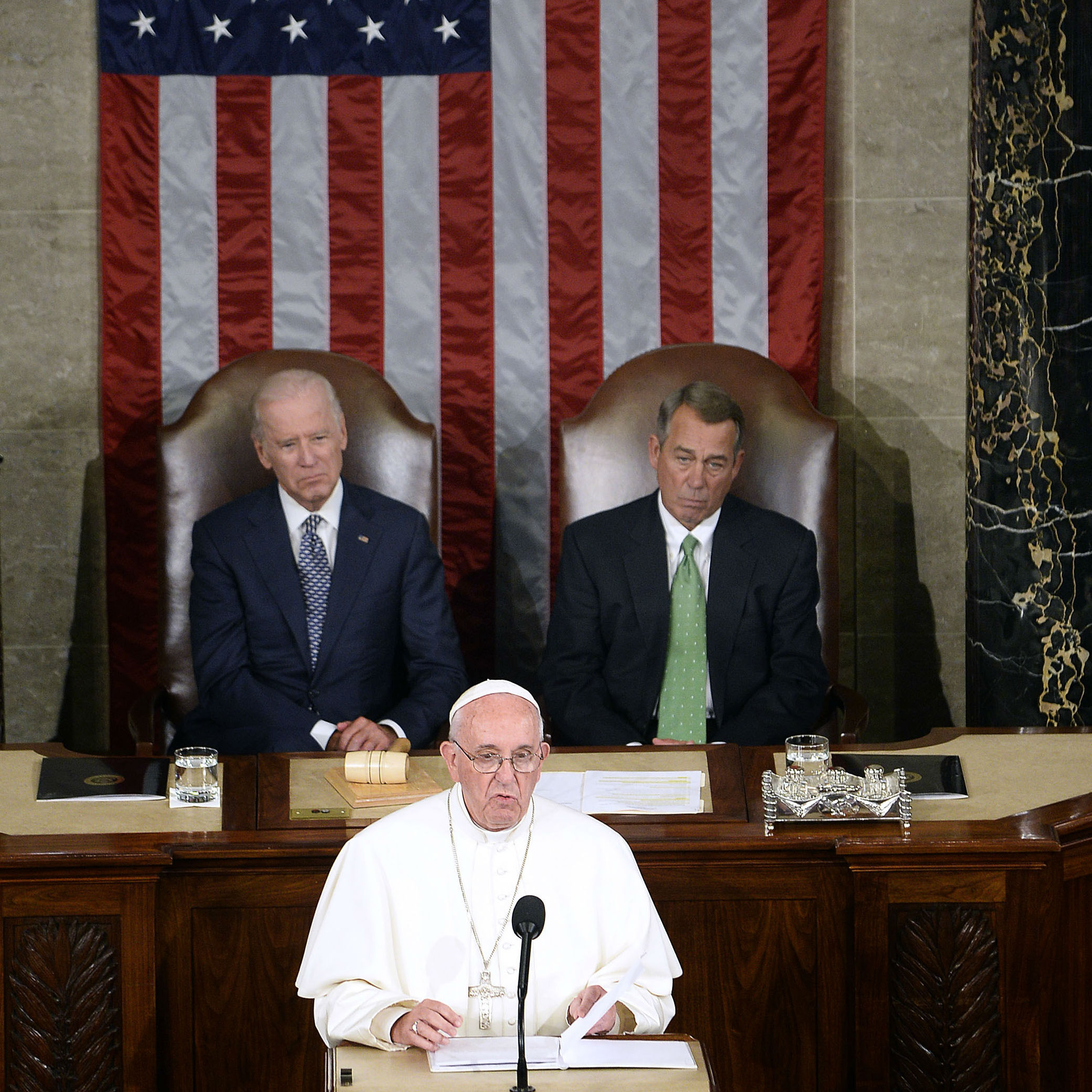Over three million Sudanese have registered to vote in a three-day referendum that will determine whether Darfur province remains as five divided states or returns to one region, as it was in 1994.
President Omar al-Bashir’s ruling party, the National Congress Party, backs the five-state model while opposition groups and rebel groups favour unity as one region. Unity is seen as a key to peace, which international groups, including churches, have been working towards.
The referendum is one of eight in a country that has been experiencing an armed conflict related to competition for resources and claims of marginalisation by a section of the population. The conflict pits government forces against several rebel groups. The province is split into five area or districts, sometimes referred to as states.
Despite more than 50 per cent of the population of the region registering to vote, poll watchers have reported that voting has been very slow, with long distances from remote villages, general scepticism and far more pressing issues like hunger, clean water and safety concerns. Polls opened on Monday morning and are due to close today (Wednesday). The result of the referendum will be announced later this month.
"This referendum is meaningless because the government in Khartoum can easily change the administration of Darfur by making it one or 10, as they want to," Mustafa Adam, a 28-year-old activist, told the New York Times. "I really cannot understand what this drama is for."
In Darfur, a region the size of France, relief agencies such as Caritas, describe the prolonged conflict there as a hidden crisis. "Darfur is one of the world’s hidden emergencies,” warned John Birchenough, Cafod's Senior Emergency Response Officer for Africa, earlier this year. "Our hope must be that the efforts of so many people of good will to establish a just peace for Darfur will succeed."
Caritas and the Geneva church-based humanitarian agency ACT-Alliance have been working together to provide life-saving support, such as clean water, sanitation and income generation activities. They are also involved in education, retraining of community members and strengthening livelihoods.
The Darfur conflict started in 2003, when two rebel movements, the Sudan Liberation Army (SLA) and Justice Equality Movement (JEM) took up arms against the government. The rebels complained of marginalisation and the failure of the Arab-led government to protect non-Arab farmers from violent attacks by Arab nomads.
The government responded by unleashing an Arab-nomad militia group known as the Janjaweed or "devil". Attacking alongside Sudan forces, the Janjaweed, whose member are Muslims, rampaged through the region attacking and burning villages and towns.
Since then, Sudanese forces and the militia have attacked villages across Darfur, killing hundreds of thousands and displacing more than 2.5 million from their homes. The UN say 300,000 people have died.
The conflict has been a subject of several peace talks. Ahmed Tugud Lisan, JEM chief negotiator of the peace talks said he viewed the referendum as an attempt to avoid solving the ongoing conflict in the region.
"The conduct of the Darfur referendum at this time is an attempt to avoid the truth, and it is an attempt to escape from the ongoing war," Tugud told Radio Tamajuz.
The United States has warned that holding the referendum in the current context will not help achieve the much-needed peace. According to a US State Department spokesperson, Mark Toner, insecurity in the region and "inadequate registration" of Internally Displaced Persons (IDPs) undermines the process.
An announcement that Darfurian residents living outside Darfur are ineligible to vote will disenfranchise millions of Darfurians, refugees, and IDPs, he added.
"If held under current rules and conditions, a referendum on the status of Darfur cannot be considered a credible expression of the will of the people of Darfur. Moreover, it will undermine the peace process now under way," said Mr Toner.
Displaced people, activists and civil society organisations have called for the population of Darfur to resist and boycott the referendum. Political opposition parties such as the National Umma Party are speaking out against the voting, reports All Africa.
An estimated 3.5 million people are expected to cast ballots in the referendum that began on Monday morning and is expected to end on Wednesday 13 April. Results are expected later this month.
KEEP UP TO DATE ON TWITTER AND FACEBOOK...
Follow all the latest news and events from the Catholic world via The Tablet's Twitter feed @the_tablet
Or you can join in the debate at our community page on Facebook




 Loading ...
Loading ...